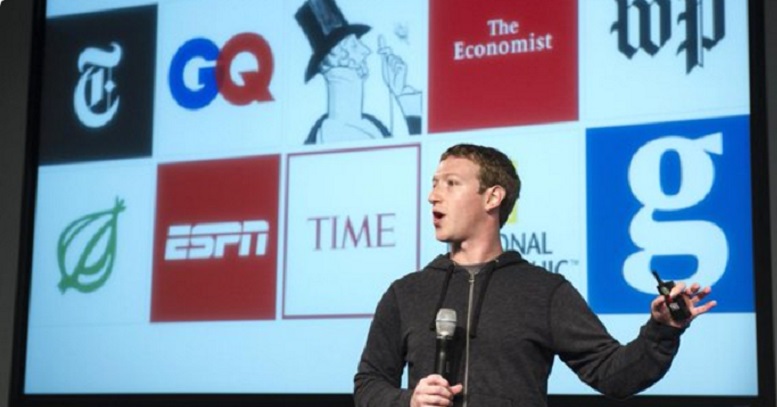Have you ever gotten duped into clicking a play button on Facebook (NASDAQ:$FB) just to have it open a link instead of starting a video? Don’t feel bad if you answered yes, most people have experienced this at one point or another. And today, after listening to Facebook users complain for years, the social media giant announced two new updates that will reduce video clickbait posts from appearing on your News Feed.
For those who don’t know, Facebook has a specific algorithm which actively promotes videos, especially longer ones. Due to the fact that this algorithm is known to the public, spammers have taken advantage of this and have manipulated users into clicking links to low-quality websites as well as those with malicious ads.
How did people catch this trick? Well, Facebook users started to pick up on static images that were being disguised as videos when some pages started to upload immobile memes as 10-second videos.
“Publishers that rely on these intentionally deceptive practices should expect the distribution of those clickbait stories to markedly decrease,” Facebook engineers Baraa Hamodi, Zahir Bokhari, and Yun Zhang, said. “Most pages won’t see significant changes to their distribution in News Feed.”
If all goes as planned, the down-ranking of video clickbait posts should roll out over the course of the next few weeks.
It shouldn’t come as a total surprise to hear that Facebook is making yet another change to its News Feed, as the California-based company has started to take a more aggressive approach to moderating the content on its platform ever since the US election. Back in 2016, Facebook was scrutinized for not doing enough to combat fake news and propaganda spreading on its platform.
Overall, removing video clickbait posts should prove to be beneficial for the company, and it might just be the push one needed to get into online media investing or social media investing.
Featured Image: twitter











